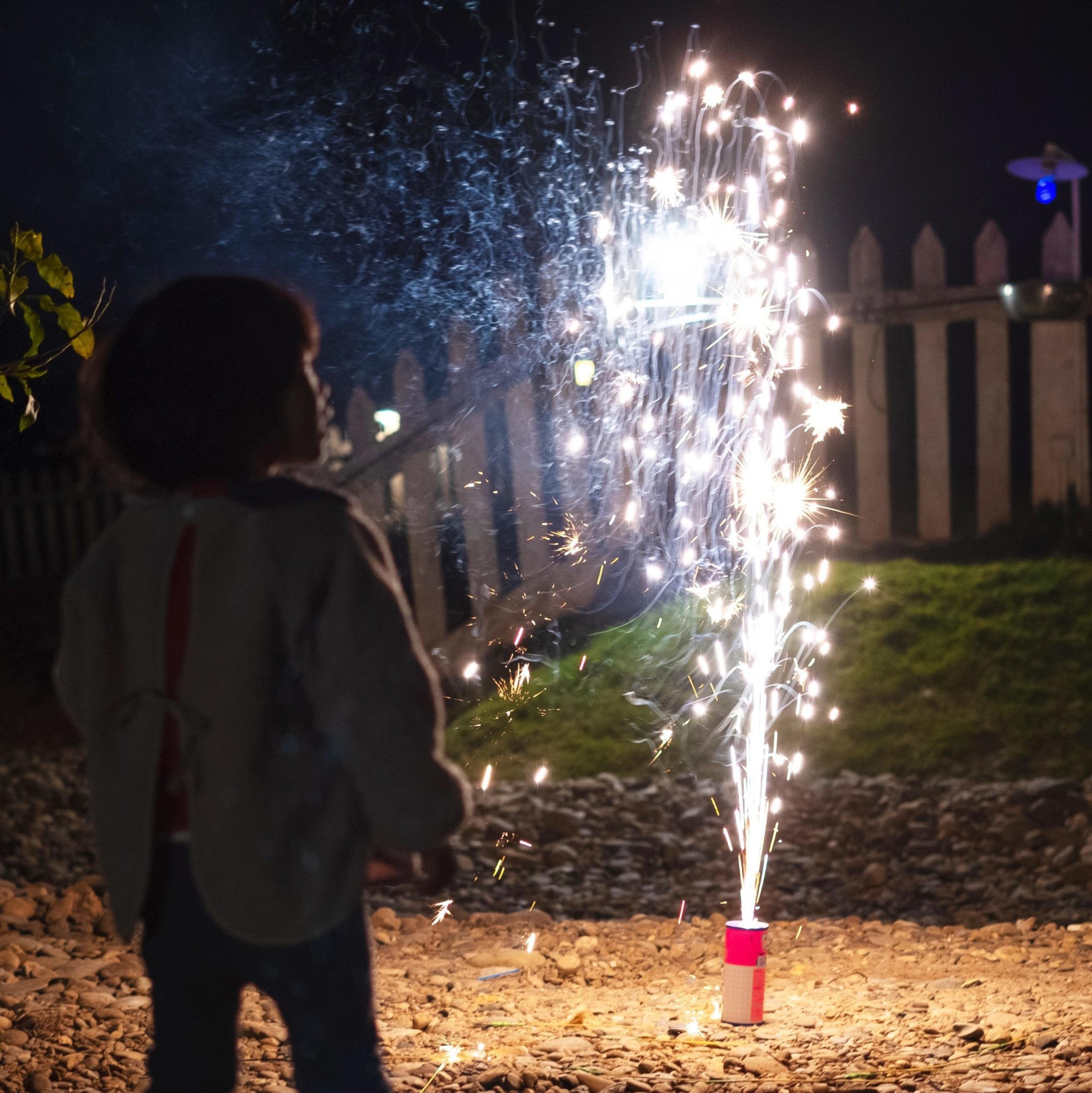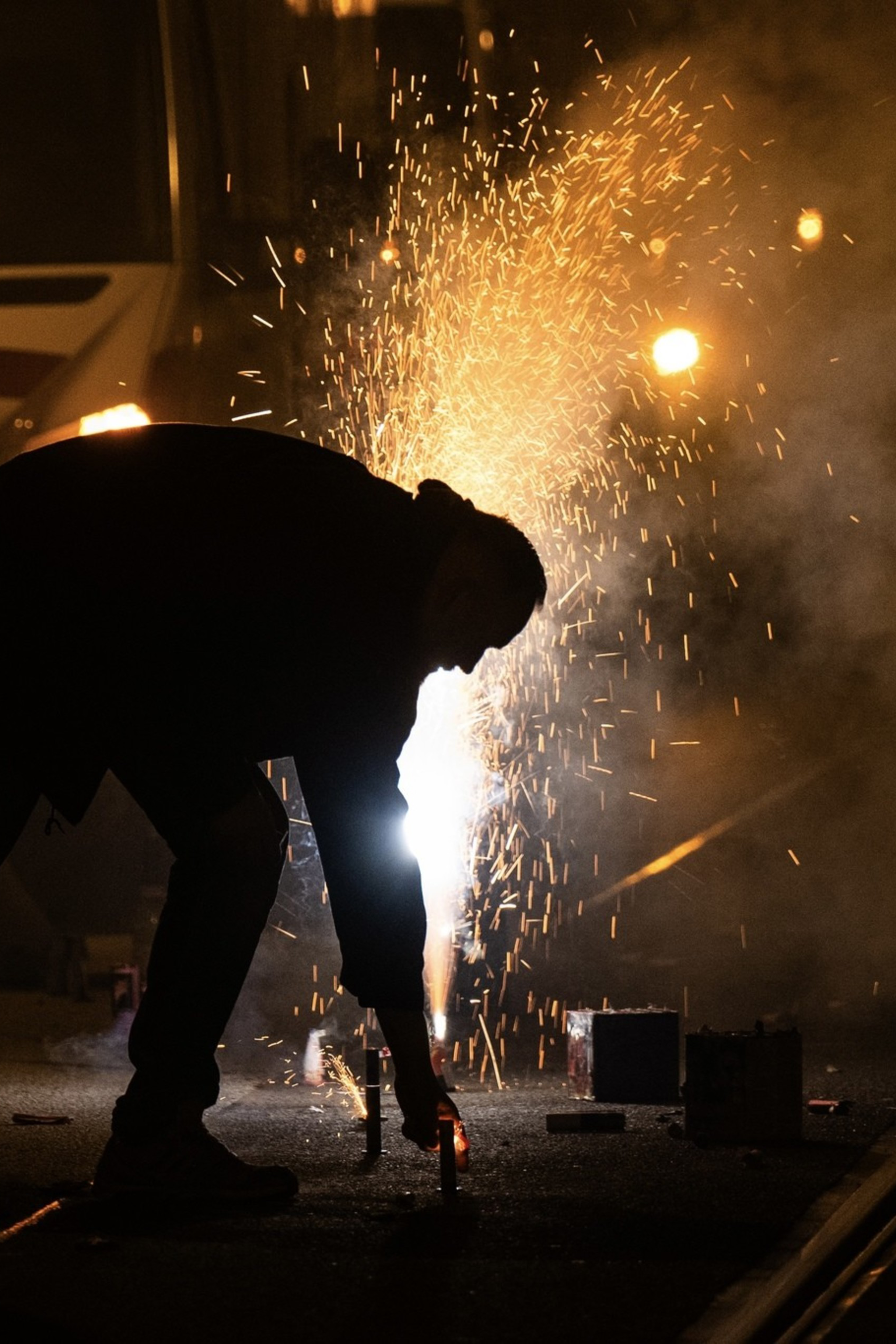Fearing missing fingers and firework-fried faces, doctors, nurses and EMTs are begging San Franciscans to celebrate the Fourth of July responsibly.
While the holiday often means fireworks and revelry galore for some, it’s a busy day at local hospitals as emergency rooms flood with patients suffering from burns and severe trauma to eyes and hands—sometimes with fingers blown off—due to accidents with fireworks.
The Standard asked doctors and EMTs to share July Fourth injuries they’ve had to treat. Due to privacy rights, certain patient information has been omitted.
Firework-related injuries are very common during the Fourth of July, according to San Francisco General Hospital’s Chief of Emergency Medicine, Chris Colwell.
“Almost every year, we have an accident where someone loses a hand due to holding fireworks for too long,” Colwell said.
Colwell said injuries are often caused by people lighting fireworks while holding them or inspecting fireworks when they don’t go off, which can cause devastating hand and eye injuries.
On July Fourth last year, Colwell said he treated a patient who lost two fingers and “all function” in his dominant hand after holding a firework and lighting it.
“He had so much alcohol he didn’t realize the damage,” Colwell said. “His hand was destroyed.”
One Bay Area EMT said he remembered treating a man in his early 20s who had a firework go off in his face, splitting his skin open above his top lip. Soot and blood poured from his mouth and nose after the explosion.
“Those can be life-threatening,” said the EMT, who spoke on the condition of anonymity as he is not authorized to speak with the press. “Everything in there swells up.”
San Francisco Fire Department Capt. Justin Schorr, who has 30 years of experience as a paramedic, said he treated two middle-aged men who lost most of their fingers on both hands while trying to light a firework they found at a park near the Bayview. He said one was holding the firework and another was lighting it, and they misjudged how quickly the fuse would burn out, causing it to explode in their hands.
“People say ‘firework,’ but it’s really like a hand grenade,” Colwell said.

UCSF Benioff ER Director Steven Bin said fireworks can hurt kids, too. Bin said sparklers were common causes of burns on kids’ hands and eyes on July Fourth. While sparklers are often seen as a safer option for kids, Bin warned they can burn hot enough to ignite clothes and cause third-degree burns.
Both Schorr and Colwell warned that alcohol can make injuries worse.
“That’s probably 80-90% of all injuries, people drinking and then using fireworks,” Colwell said.
But it’s not always direct injuries from fireworks. Schorr added people sometimes drink and climb onto roofs or step onto their balconies to watch fireworks. And then they fall, sometimes “one or two floors” down.
Schorr said falls are most common during Fleet Week when people watch air shows. In September, a woman died while watching a Fleet Week airshow after falling four stories from the roof of a Russian Hill apartment building.
While fireworks are dangerous, Colwell acknowledged that people are going to use them but implored revelers not to mix alcohol with explosives.
“Enjoy the fireworks first, drink after,” Colwell said.

